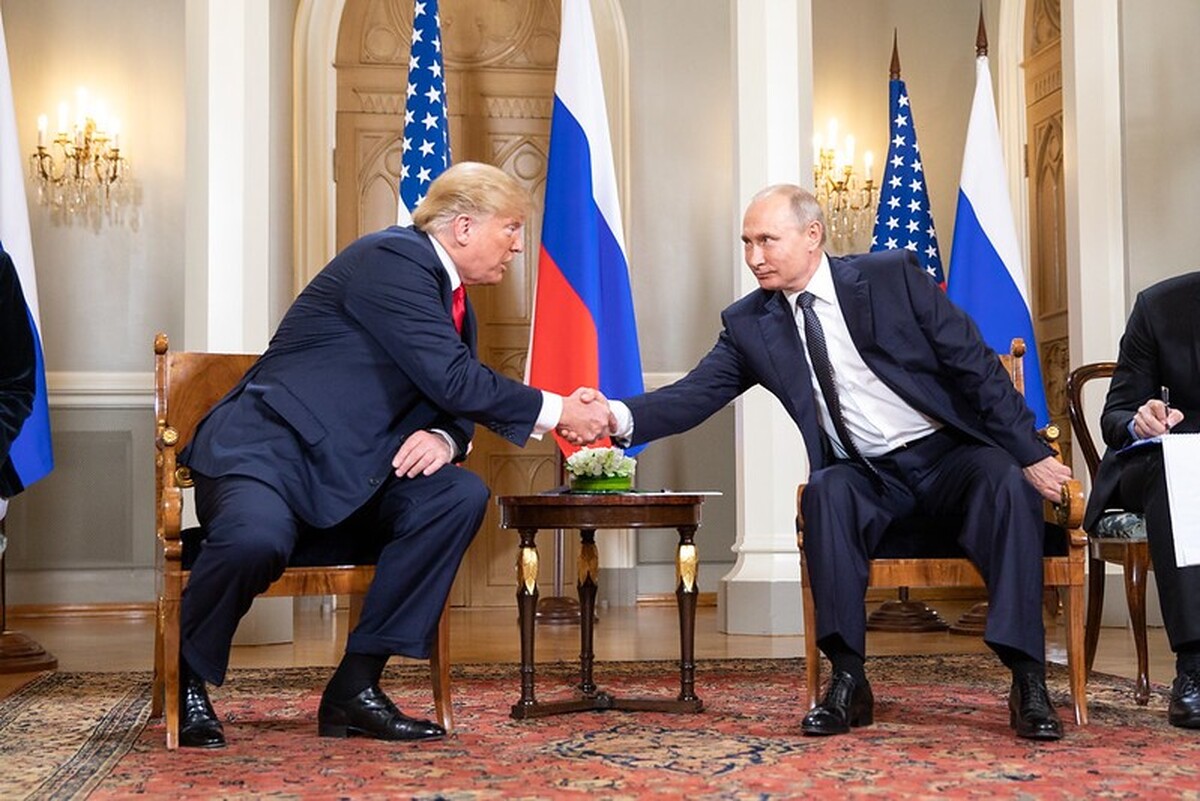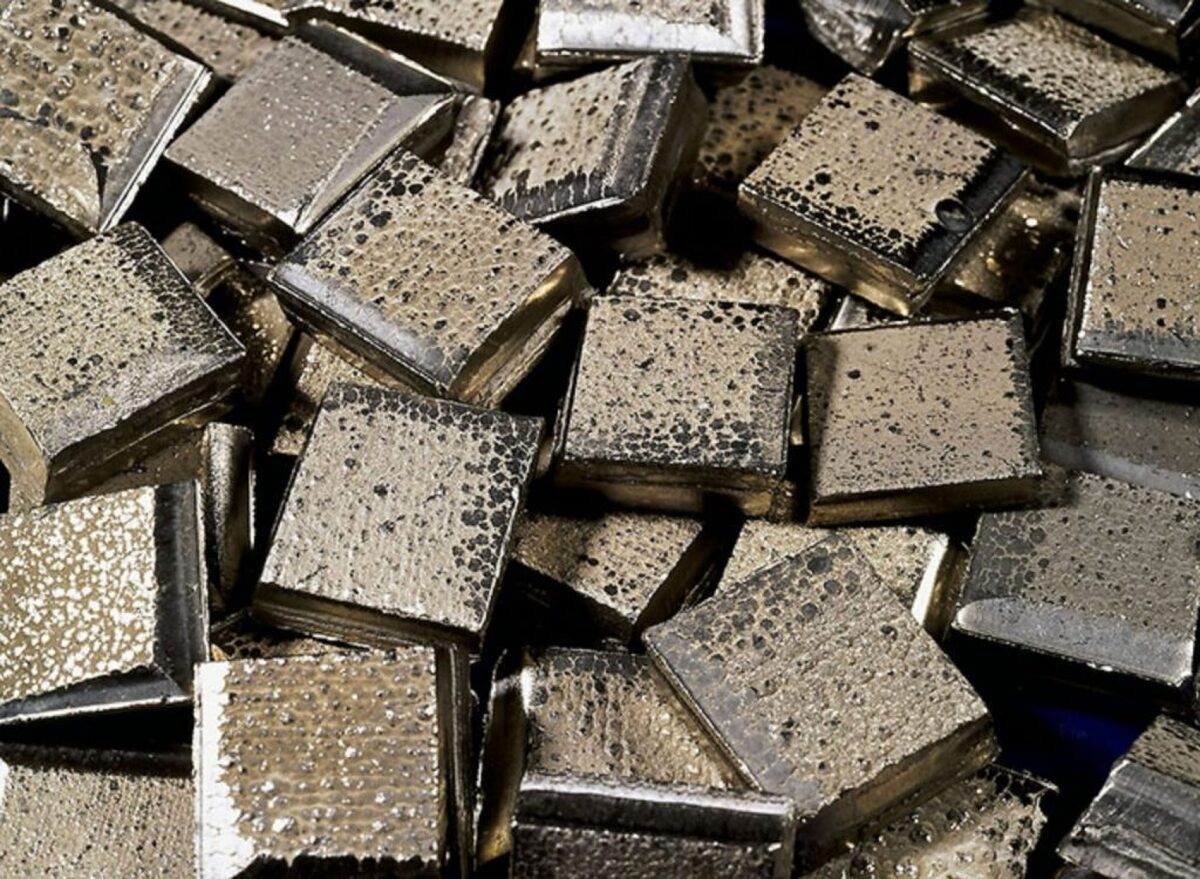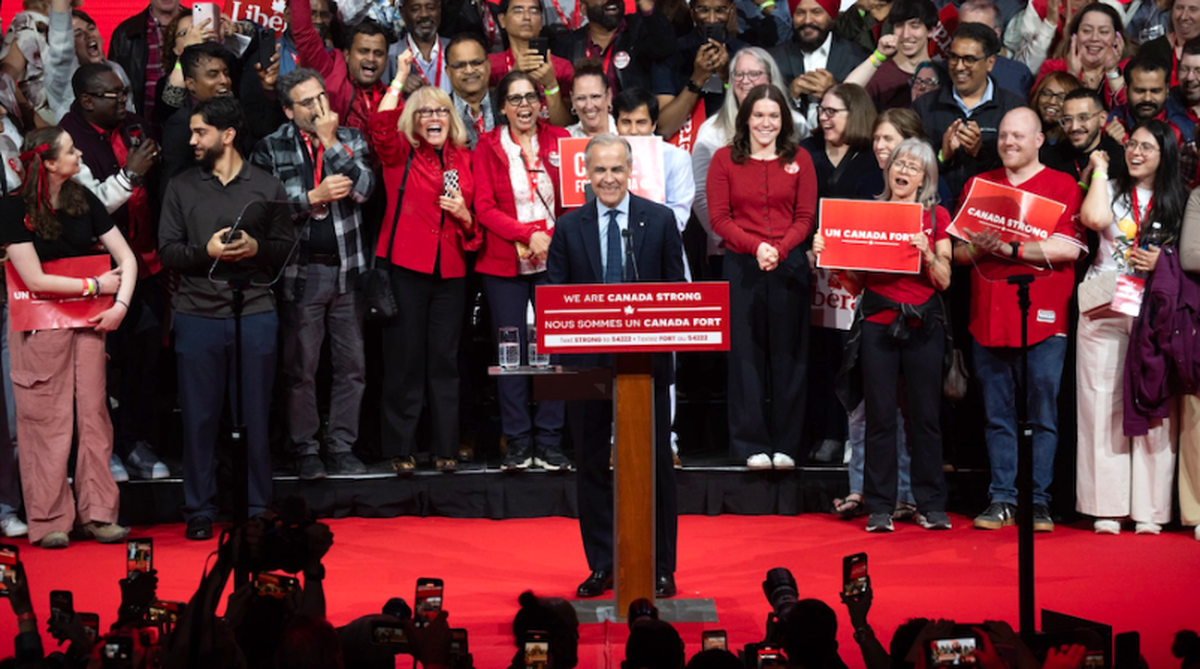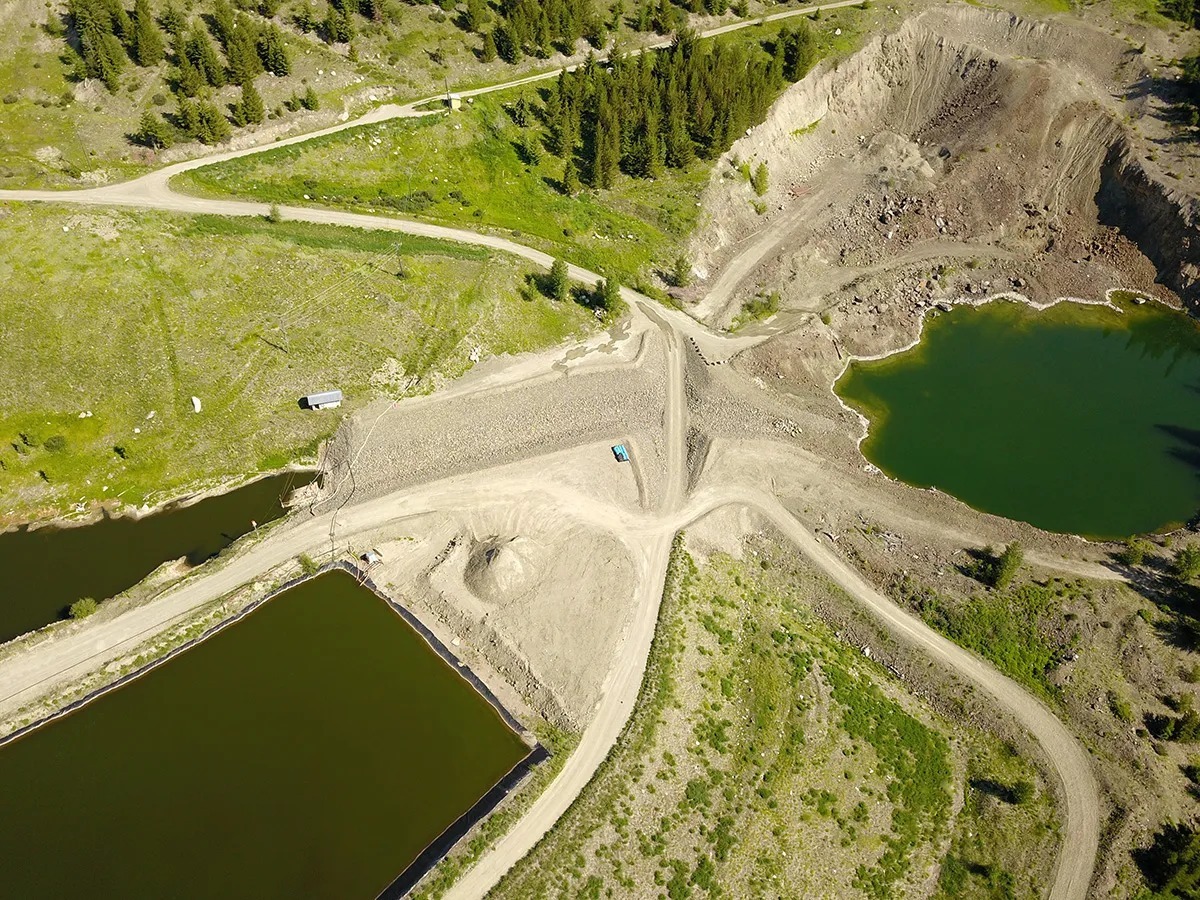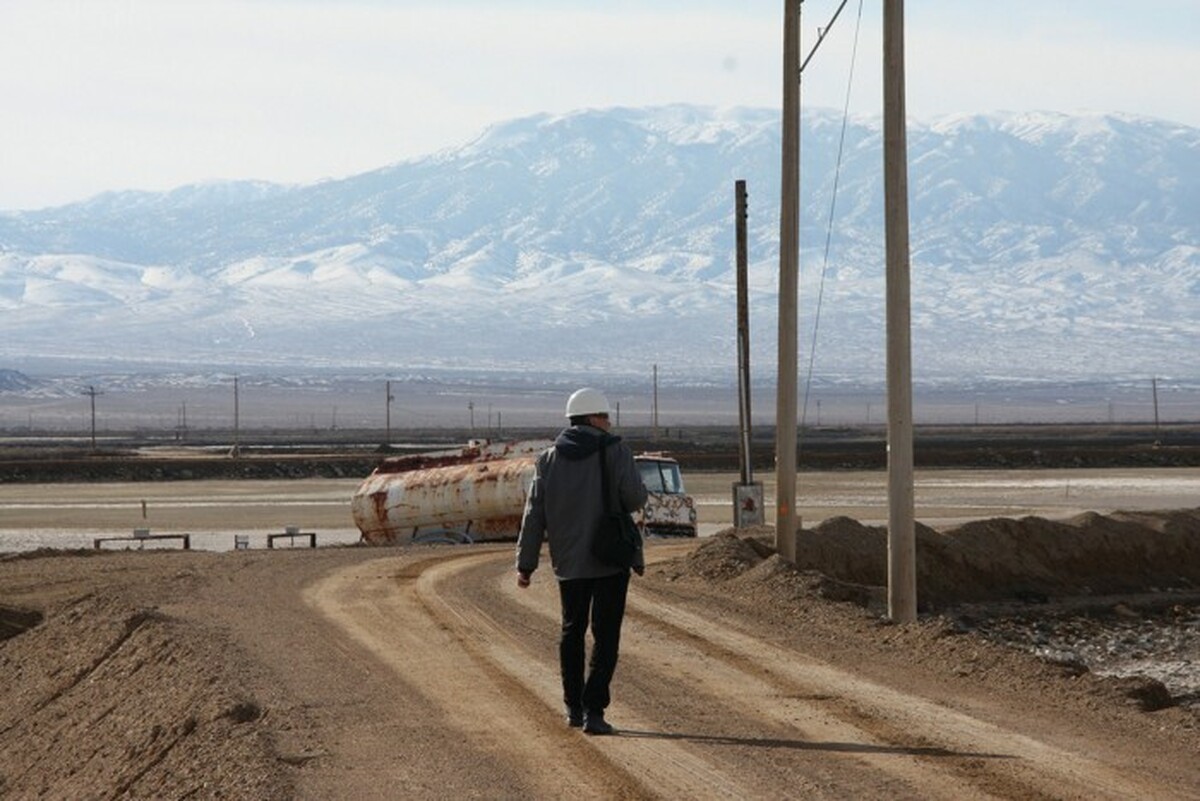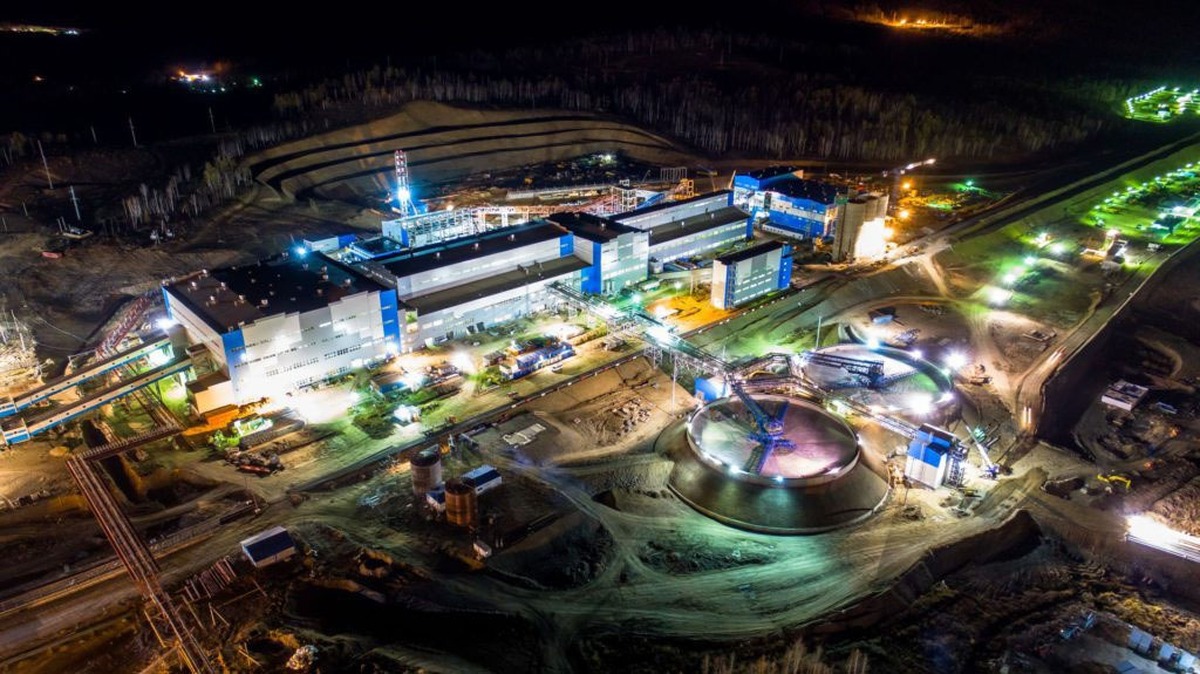
Glencore trader who led ill-fated battery recycling push to exit
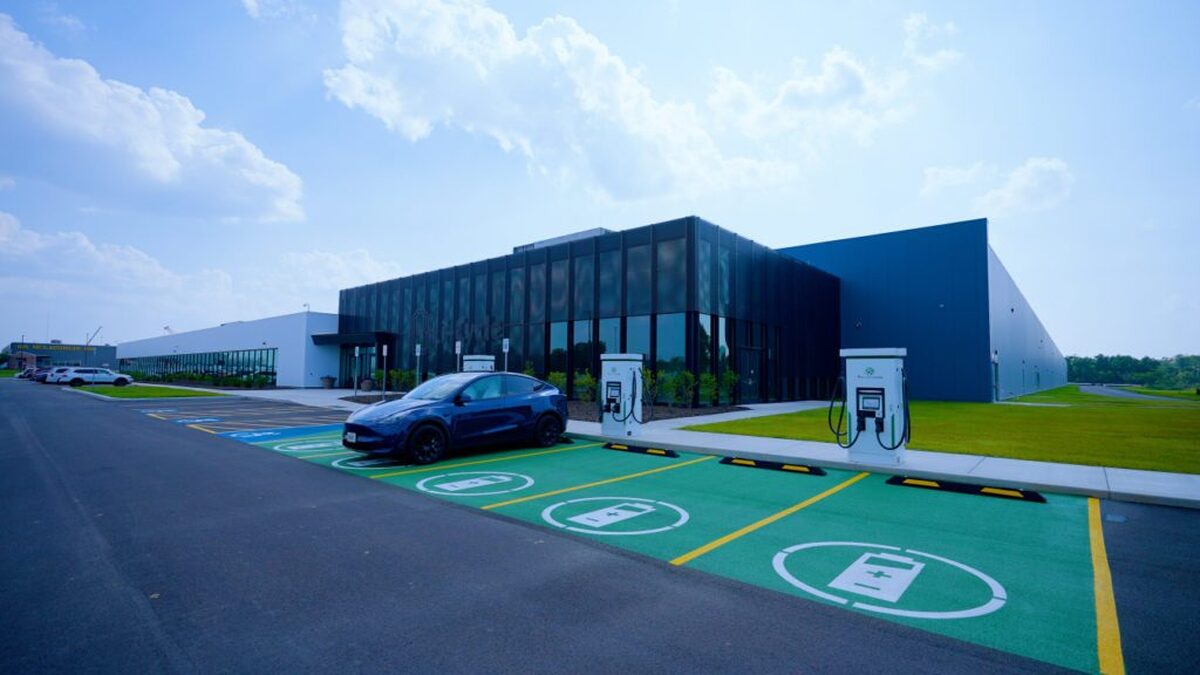
According to me-metals cited from mining.com, While better known as a miner and commodity trader, Glencore has long been a major player in recycling metals including copper and lead. It expanded into battery recycling in 2022 with investments in Li-Cycle and UK-based Britishvolt, with Sinha spearheading the effort.
A Glencore spokesperson declined to comment.
Li-Cycle filed for bankruptcy in May, and Glencore — which by then had become a key creditor to the company with $327.5 million in outstanding convertible notes — took over Li-Cycle’s key industrial assets and technology portfolio in August. Li-Cycle co-founder Ajay Kochhar joined Glencore in August as its new head of battery recycling, according to his LinkedIn page.
Li-Cycle was once a high-flying start-up in the nascent battery-recycling industry. Its shares rallied strongly in 2021 as investors bought into the company’s plans to recover lithium, cobalt and nickel from used electric-vehicle batteries, at a time when the EV narrative was particularly hot.
Sinha, who will leave next month, was instrumental in Glencore’s push into the emerging sector, which became fiercely competitive as prospective recyclers sought to position themselves ahead of an anticipated surge in scrap supply from the 2030s onwards.
Li-Cycle planned to build five plants, including a proposal to transform Glencore’s lead smelter in Italy into Europe’s biggest producer of black mass, a shredded form of metals extracted from old batteries. The plan has yet to be approved by the local authority.
Li-Cycle faced setbacks in 2023, when its flagship plant in Rochester, New York was halted due to a surge in construction costs. Its shares started plunging as the company faced a funding crunch.
Glencore’s investment in UK Britishvolt also turned sour, with the UK company filing for bankruptcy in 2023 after becoming an early casualty in Europe’s crowded effort to boost EV-battery production.
source: mining.com


Uzbek gold miner said to eye $20 billion value in dual listing

Peabody–Anglo $3.8B coal deal on the brink after mine fire

Minera Alamos buys Equinox’s Nevada assets for $115M
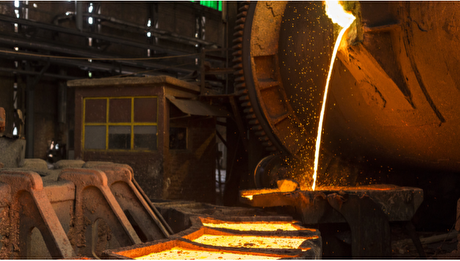
Adani’s new copper smelter in India applies to become LME-listed brand
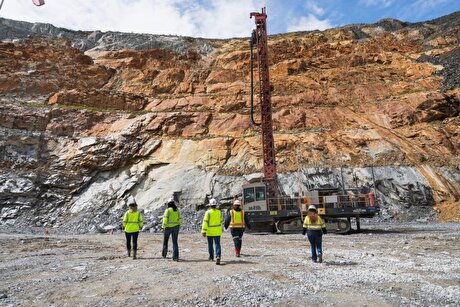
OceanaGold hits new high on strong Q2 results

Cochilco maintains copper price forecast for 2025 and 2026

Trump says gold imports won’t be tariffed in reprieve for market

Discovery Silver hits new high on first quarterly results as producer

De Beers strikes first kimberlite field in 30 years
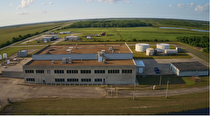
Flash Metals USA advances critical minerals recovery plant in Texas

Glencore trader who led ill-fated battery recycling push to exit

US hikes steel, aluminum tariffs on imported wind turbines, cranes, railcars

US appeals court temporarily blocks land transfer for Resolution Copper

Glencore seeks $13 billion in incentives for Argentina copper projects

Iron ore price falls with BHP results, soft China demand in focus

UBS lifts 2026 gold forecasts on US macro risks

BHP shares near priciest valuation since 2021 on shift to miners

African Rainbow boosts Surge Copper stake to 19.9%
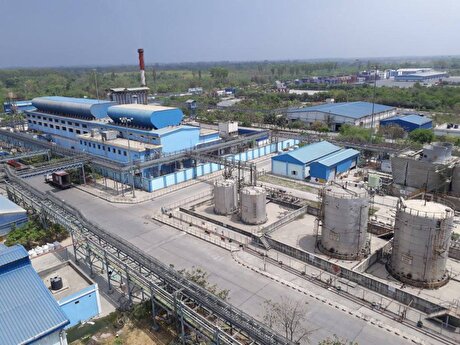
Hindustan Zinc to invest $438 million to build reprocessing plant

Flash Metals USA advances critical minerals recovery plant in Texas

Glencore trader who led ill-fated battery recycling push to exit

US hikes steel, aluminum tariffs on imported wind turbines, cranes, railcars

US appeals court temporarily blocks land transfer for Resolution Copper

Glencore seeks $13 billion in incentives for Argentina copper projects

Iron ore price falls with BHP results, soft China demand in focus

UBS lifts 2026 gold forecasts on US macro risks

BHP shares near priciest valuation since 2021 on shift to miners

African Rainbow boosts Surge Copper stake to 19.9%

